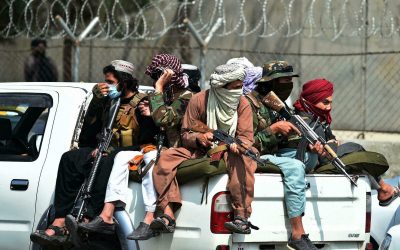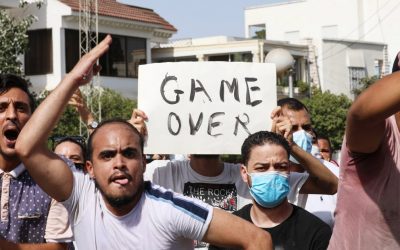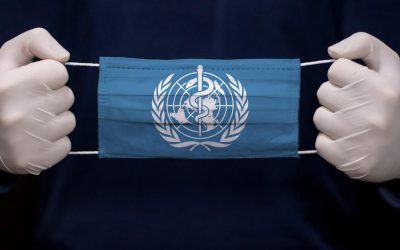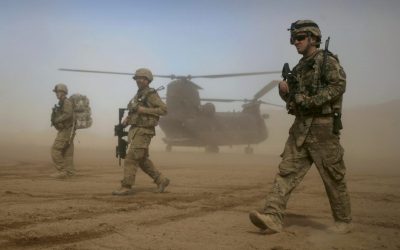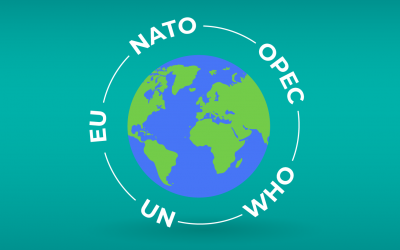Brief #130 – Foreign Policy
By Erin Mayer
Southern Haiti is still recovering from the 7.2-magnitude earthquake that struck in August. The disaster left over 2,200 deaths, 12,000 injuries and decimated over 53,000 homes in it’s wake. For an island nation still reeling from disasters of the past, how is the United States lending a hand today?


